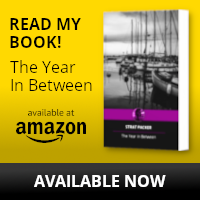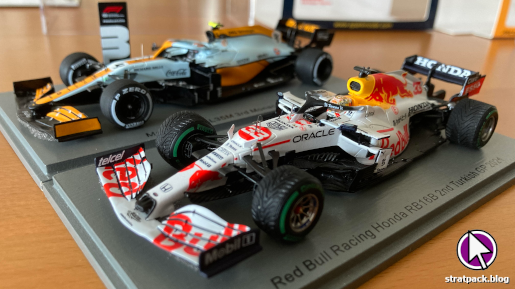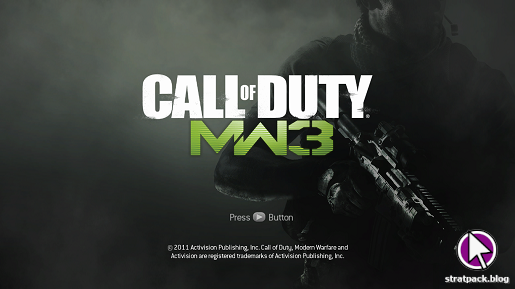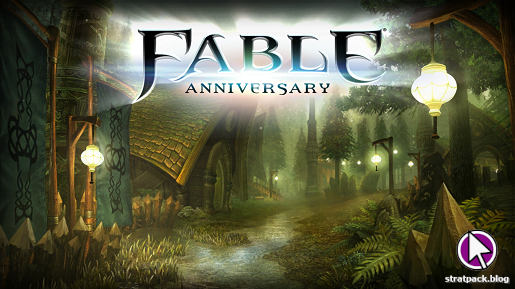
Formula 1: Why now's the time to choose a backup series
The last decade or so has been a bad time to be a fan of many things. Your favourite film has had an unimaginative reboot because Hollywood had no new ideas, the latest entry in your favourite video game series is a live service bursting with microtransactions, and if you’re particularly unlucky your football club is now being run for profit rather than silverware.
Even governing bodies haven’t been immune to the madness of chasing money at any cost. The last World Cup was held in Putin’s Russia and the next will be hosted by Qatar amidst all sorts of human rights issues. And while UEFA are no saints in this regard (the 2019 Europa League final in Baku being just one example), fans were forced to take action against the Super League in an attempt to hold on to the lesser of two evils and maintain at least some level of fairness and sporting integrity in European club football.
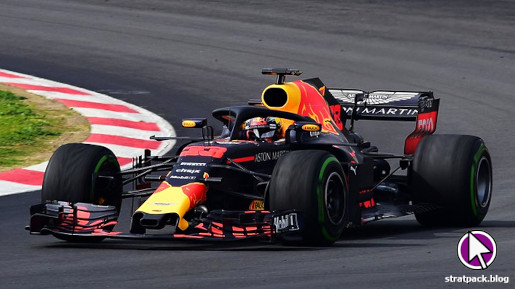
A brief history
But at least we could still rely on Formula 1. While the sport’s previous ownership wasn’t exactly immune to the lures of a big cheque - they were the ones who signed up for races in places like Abu Dhabi and Bahrain, after all - Bernie Ecclestone and his team understood the sport’s history and tradition and its most loyal fans. In fact, you could argue that this was to a fault, as Formula 1 was slow to embrace new trends like social media.
Liberty Media’s 2016 takeover was met with some skepticism over whether the new American owners would embrace the spirit of Formula 1, but in the years that followed, most of the changes were positive. We got the halo to better protect drivers, plus an upgraded presentation package with better graphics, a heightened social media presence, and an adrenaline-triggering intro and theme tune to add a bit of fanfare to race weekends.
The most questionable addition at this point was Netflix’s Drive to Survive series, which promised a behind-the-scenes view of the sport but confused dedicated fans with dishonest editing, artificial drama, and a disorientating structure. Still, it helped to bring Formula 1 further into the mainstream, and additional followers could only be a good thing, right?
A slippery slope
But large organisations never know where to stop, and since the COVID pandemic things have been pushed even further. The heart of Liberty’s strategy seems to be to secure as much money as possible, even if that means alliances with states with questionable human rights records. Saudi Arabia and Qatar have secured long deals when many believe they shouldn’t even have been considered as destinations for the pinnacle of motorsport.
Saudi Arabia has complications even beyond this. Despite the nation having a bottomless pit of money to spend on facilities, we somehow ended up with another bland (and barely finished) street circuit with blind corners and walls close on each side - the perils of which have been seen through many incidents, not least Mick Schumacher’s massive qualifying crash this year.
Liberty are also keen to capitalise on the growing American fan base that Drive to Survive has helped to cultivate. In 2022 we will see a Grand Prix in Miami, and Las Vegas recently joined the 2023 calendar. While it’s certainly a better curcuit than its 1980s counterpart in the Caesars Palace car park, it’s yet another street circuit - a bland rectangle when there are so many purpose-built race tracks in the world - even in America - going unused.
All this might be tolerable if there were any assurances that Formula 1’s heritage - and in particular Silverstone, Monaco, Spa-Francorchamps, Monza, Suzuka, and Interlagos - would be protected. But new CEO Stefano Domenicali has suggested that even the Belgian Grand Prix, which arguably takes place at the best circuit on the calendar, could be one of the first to face the axe to make room for all these new races on a crowded calendar.
Contingency plans
It’s not quite enough for me to abandon Formula 1 after so many decades - yet - but the warning signs are there. While the sport inevitably needed to be brought into the 21st century, everything points to Liberty Media trying to squeeze out every cent it can, no matter what the cost in terms of tradition and the enjoyment of long-standing fans.
So what can we do? It doesn’t seem that Formula 1 itself is all that keen to listen to fans - Spa ranked as fans’ second-favourite circuit in last year’s fan survey and yet it’s rumoured to be at risk of being discarded entirely. So the only option looks to be to hedge your bets and pick up some backup series.
This could be the feeder formulas - while F2 and F3 tour with F1, Formula 4 and Formula Ford are more grassroots and visit smaller regional circuits. Outside of open-wheel racing there are endurance series like the GT World Challenge and famous races like the Le Mans 24h and Bathurst 12h. And if you still fancy some action at even higher speeds, there’s always IndyCar.
Sometimes you’ll need to hunt down TV coverage, but often these series are streamed for free online. It’ll also take some time to get used to the teams, drivers, and stories - but didn’t we all have to do that with Formula 1 at some point? My point is that it’s better to build up the knowledge now than to be completely lost later on, because at the moment it seems like it’s only a matter of time before Formula 1 becomes unrecognisable.
Photo by Artes Max (CC BY-SA 2.0). Cropped.



